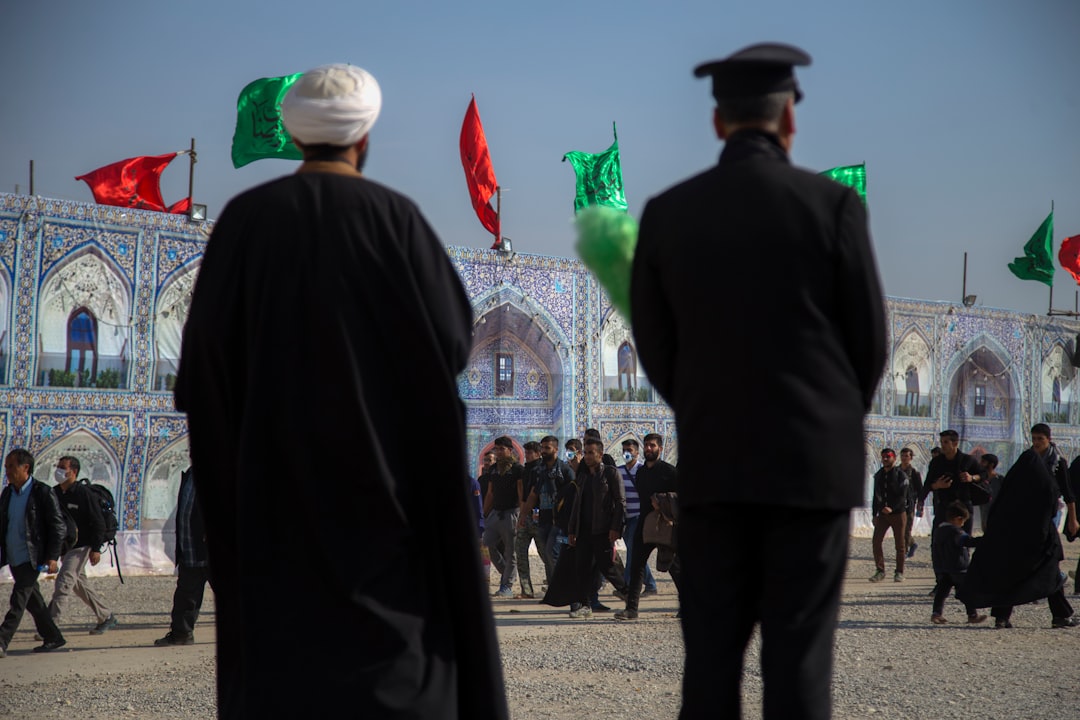The Dragon and the Ayatollah: Unmasking China's High-Stakes Gamble in Iran
When we ask, “What are China’s economic interests in Iran?”, we’re not simply talking about oil deals or railway contracts. We’re peering into a geopolitical chess match rife with double standards, unapologetic power plays, and a future that could redefine the global balance. China isn’t just making investments—it’s plotting a world order where autocracies can bankroll one another and reshape the rules to their liking. Is this a partnership of progress, or a pact for planetary peril?
Follow the Money, Follow the Motive
China’s lure to Iran is not just about resources; it’s about transforming Iran from a pariah to a pivot. The 25-year strategic pact inked in 2021 is perhaps China’s boldest bet yet, promising $400 billion in investments amid U.S. sanctions. But behind these numbers lies a darker contest for influence over global commerce, technology, and security.
| Interest | China’s Motivation | Iran’s Motivation |
|---|---|---|
| Oil & Energy | Secure cheap, reliable supplies—sidestepping sanctions | Sell oil despite U.S./EU embargoes |
| BRI Infrastructure | Expand Belt & Road Initiative, gain regional access | Modernize, break economic isolation |
| Technology Transfer | Test digital yuan, export surveillance, and telecom | Leapfrog tech gap, evade Western scrutiny |
| Security Partnerships | Extend military cooperation in Gulf region | Check Western/Arab adversaries |
| Geopolitical Balance | Undermine U.S. hegemony, build multipolar order | Find great-power backer, reduce reliance on Russia |
The Devil’s Dilemma: Profit vs. Principles
Let’s not kid ourselves that this is an alliance for the world’s downtrodden. Both countries have brutal records on human rights—crushing dissent at home and exporting repression abroad. Yet, while the West rails against authoritarian excess, it struggles to offer viable alternatives. Is China giving Iran legitimacy—or using the regime as a disposable pawn?
Clashing Viewpoints:
- Critics Say:
“China is dangerously empowering an authoritarian state, undermining international law, and profiting from repression.” - Defenders Argue:
“The West is hypocritical—it trades with dictatorships when it suits and punishes them when it doesn’t. At least China delivers what it promises.”
Context: Where Empires Meet
China and Iran are heirs to ancient civilizations, now bound by bold ambitions and bad blood with the West. Their cooperation echoes back to the Silk Road—a time when trade, not tanks, defined the world’s fortunes. Yet in the 21st century, commercial ties are fused with digital surveillance and military drills, making this alliance far more complex—and far more perilous.
Key Concepts
Belt and Road Initiative (BRI):
A maze of infrastructure projects spanning nearly 150 countries, meant to place China at the center of global trade.Sanctions Busting:
Iran’s expertise in skirting Western embargoes now boosts China’s own “alternative economy”—a parallel system outside Washington’s grip.
The Ripple Effects: Technology and Trust
Few realize China plans to test its digital yuan in Iran, sidestepping the American-controlled SWIFT banking system. This is not just about finance—it’s a blow to the dollar’s dominance. Meanwhile, Chinese telecom giants like Huawei are laying the backbone for Iran’s future, emboldening censors and surveillance hawks.
| Surprise Fact | Implication |
|---|---|
| Digital currency rollouts in sanctioned Iran | Weakens U.S. financial power, new front for global finance |
| Joint military drills in the Persian Gulf | Raises risk of conflict with U.S.-led coalitions |
| Chinese facial recognition deployed in Iranian cities | Normalizes surveillance as standard tool of governance |
Broader Trends: Toward an Axis of Authoritarian Modernity?
China’s engagement with Iran is a roadmap for a world where autocracies build rival trading blocks, alternative financial networks—and new norms for digital control. Is the global pendulum swinging away from democracy toward the “Beijing (and Tehran) Consensus”? Or will these ambitious autocratic alliances ultimately collapse under the weight of their contradictions?
Final Thoughts: A Pact With Global Consequences
Whether you see China’s involvement in Iran as pragmatic statecraft, reckless adventurism, or a necessary counterweight to American dominance, one thing is clear: The stakes go far beyond pipelines and ports. They cut to the heart of whose values will shape the 21st century.
This article was inspired by the headline: 'What are China’s economic interests in Iran?'

Comments
No comments yet. Be the first to comment!